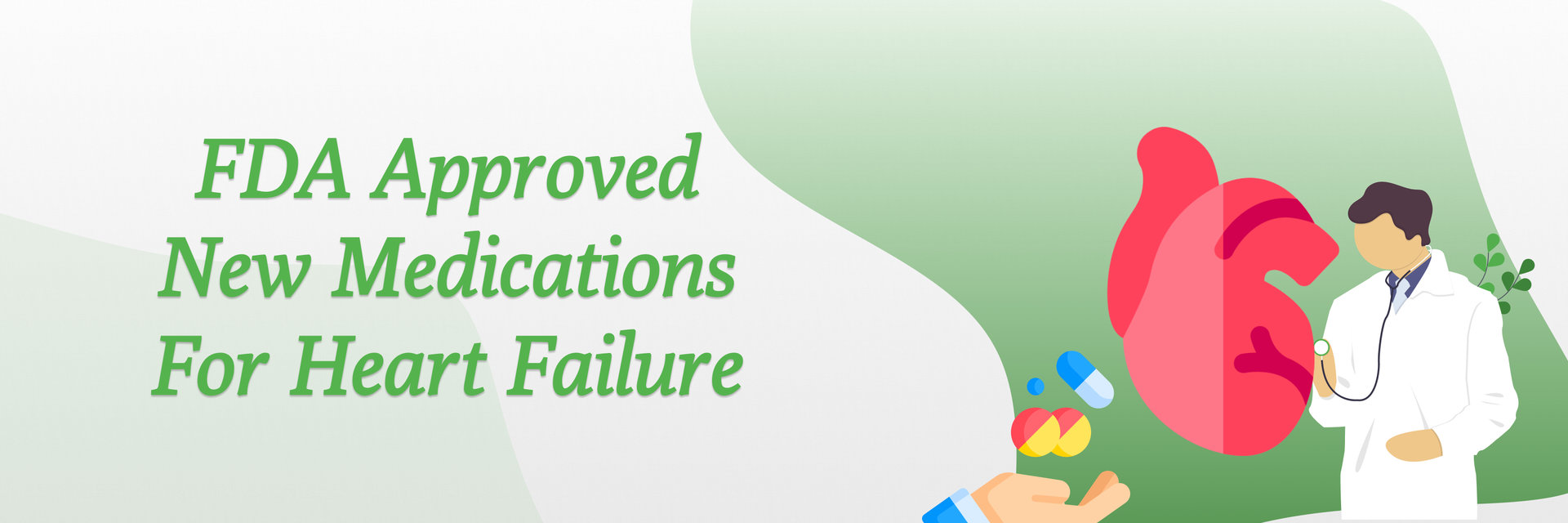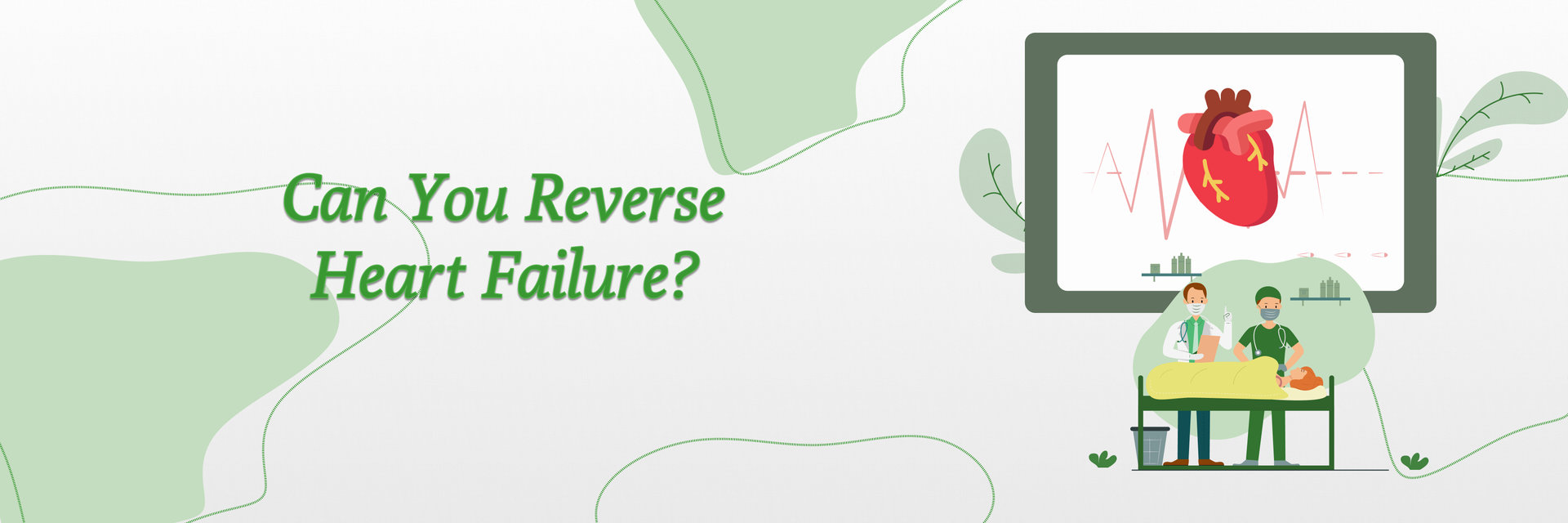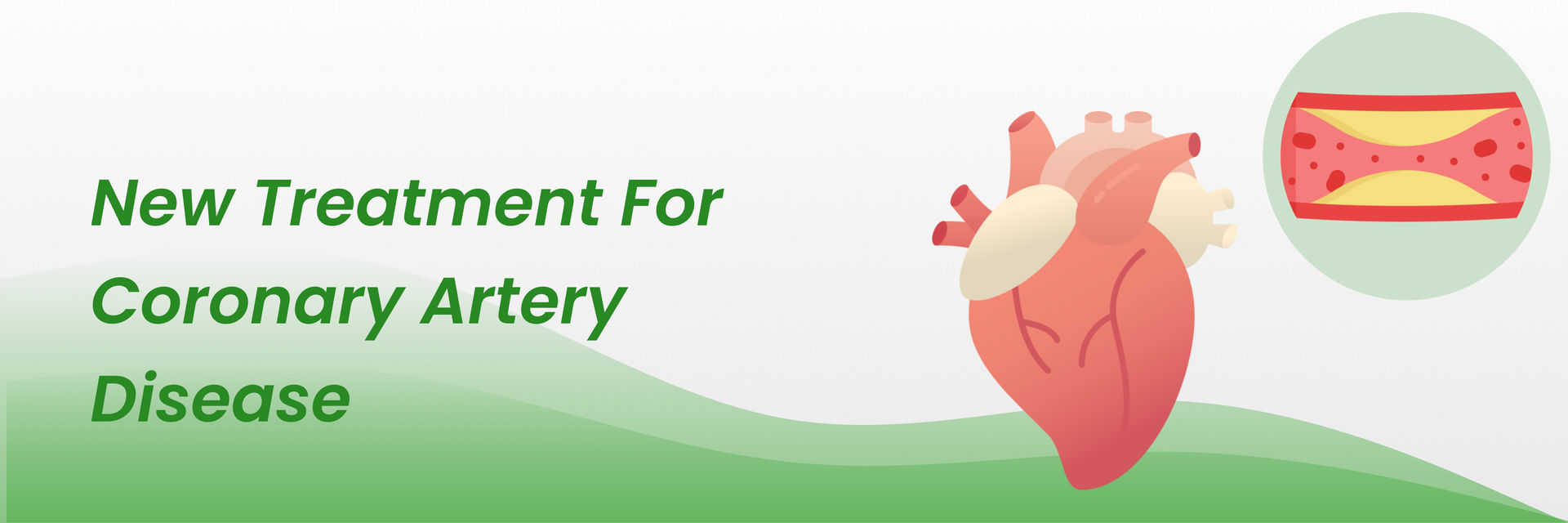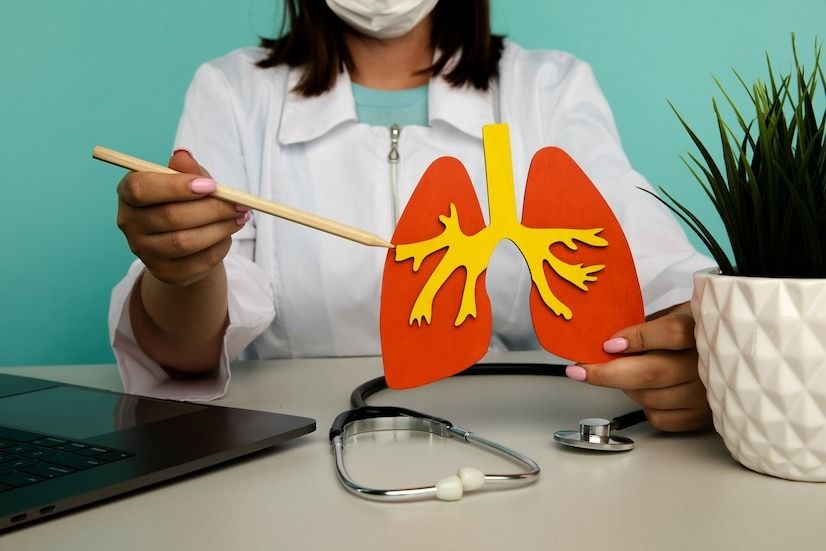Overview
Pulmonary edema is a condition in which fluid builds up in the air spaces of the lungs. It can make breathing difficult and even be life-threatening. But did you know that heart failure can also cause pulmonary edema? That's right—heart failure is a condition in which the heart cannot pump enough blood to meet the body's needs. Which in turn leads to fluid accumulation in the lungs and impairs the heart's ability to function. Don't let these conditions go undiagnosed.
Did you know that pulmonary edema is a serious condition that can be caused by heart failure? It's important to be aware of the symptoms so that you can get help if you experience them.
How does heart failure affect pulmonary edema?
Heart failure can cause the left side of the heart to become weakened or enlarged. It results in an inability to pump blood to the lungs efficiently. It can cause an increase in pressure in the pulmonary veins.
How does heart failure lead to pulmonary edema?
Heart failure can lead to pulmonary edema in a few different ways.
1. When the heart cannot pump blood effectively: It can lead to a build-up of fluid in the body, including in the lungs. This fluid accumulation can make breathing difficult. It also causes other symptoms such as coughing, shortness of breath, and fatigue.
2. Impaired ability of the heart to pump blood to the lungs: When the heart is unable to pump enough blood to the lungs, it can lead to a build-up of fluid in the air spaces of the lungs. It can make it difficult for oxygen to be exchanged, leading to shortness of breath and other symptoms of pulmonary edema.
3. Due to increasing pressure in the lungs' blood vessels: When the heart is unable to pump blood effectively, it can lead to an increase in force in the lungs' blood vessels. This increased pressure can cause fluid to leak out of the blood vessels and into the air spaces of the lungs, leading to pulmonary edema.
4. Other factors: There could be many other factors like habits, lifestyle, previous medical history, stress and anxiety that can impact
Regarding this, Dr. Cecil Bennett, MD, Newnan Family Medicine, has quoted that,
Stress and anxiety can contribute to certain cardiovascular conditions such as hypertension, which can increase the risk of heart failure and pulmonary edema. It can cause the release of certain hormones and chemicals in the body, such as adrenaline and cortisol, which can increase heart rate, and blood pressure, and constrict blood vessels.
Moreover, stress and anxiety can also lead to increased breathing rates, which can put more pressure on the lungs and make them more susceptible to fluid accumulation. This can also lead to pulmonary edema.It's important to note, however, that pulmonary edema and heart failure are complex medical conditions that can have multiple causes. It is more likely that stress and anxiety may be contributing factors for people who already have risk factors for these conditions.
Take the first step to recovery. Get in touch with us for your treatment.
Heart failure that leads to pulmonary edema is caused by a variety of other conditions or factors. Read to know the cause of it.
What are the causes of heart failure that lead to pulmonary edema?
Some common causes of heart failure include:
- Coronary artery disease: This is a condition in which the arteries that supply blood to the heart become narrowed or blocked. It reduces the amount of blood that can flow to the heart muscle.
- High blood pressure: Chronic high blood pressure can put strain on the heart and cause it to weaken over time, leading to heart failure.
- Heart valve problems: Heart valves are important structures that help regulate blood flow through the heart. When heart valves are damaged or do not function properly, it can cause heart failure.
- Cardiomyopathy: This is a condition in which the heart muscle becomes weak or damaged, leading to heart failure.
- Heart attack: A heart attack occurs when the blood supply to the heart is cut off, damaging or destroying part of the heart muscle. This can lead to heart failure.
- Other conditions: Heart failure may also be caused by other conditions such as congenital heart defects, viral infections, and alcoholism.
What type of heart failure causes pulmonary edema?
Pulmonary edema can be caused by any type of heart failure:
- Left-sided heart failure is a type of heart failure that occurs when the left side of the heart is unable to pump blood effectively. This can lead to a build-up of fluid in the body, including in the lungs, causing symptoms such as shortness of breath and difficulty breathing.
- Right-sided heart failure is a type of heart failure that occurs when the right side of the heart is unable to pump blood effectively. This can also lead to a build-up of fluid in the body, including in the lungs.
- Both left-sided and right-sided heart failure can cause pulmonary edema by impairing the ability of the heart to pump blood effectively and by increasing pressure in the blood vessels of the lungs.
Are you or a loved one struggling with pulmonary edema due to heart failure? It's a serious and potentially life-threatening condition, but the good news is that with proper treatment, survival rates can be good!
Your health is too important to ignore – Schedule your Appointment now.
Treatment of pulmonary edema due to heart failure
Treatment for pulmonary edema due to heart failure may involve a combination of medications, lifestyle changes, and in some cases, medical procedures or surgery. The specific treatment plan will depend on the underlying cause of the heart failure and the severity of the condition.
Medications: Some common medications used to treat pulmonary edema due to heart failure include:
- Diuretics: These medications help remove excess fluid from the body by increasing the production of urine.
- ACE inhibitors: These medications help relax the blood vessels and lower blood pressure, which can help reduce the strain on the heart.
- Beta blockers: These medications help lower blood pressure and reduce the workload of the heart by blocking the effects of certain hormones on the heart and blood vessels.
- Vasodilators: These medications help relax and widen the blood vessels, which can help improve blood flow and reduce the strain on the heart.
Note: Please consult your doctor before taking any medications for yourself.
Lifestyle changes: Making lifestyle changes can also be an important part of treatment for pulmonary edema due to heart failure. This may include:
- Limiting fluid intake
- Getting regular exercise
- Managing stress
- Following a healthy diet
- Quitting smoking
Medical procedures and surgery: In some cases, medical procedures or surgery may be necessary to treat pulmonary edema due to heart failure. This may include:
- Heart surgery: This may be necessary to repair or replace damaged heart valves, or to correct other problems with the heart.
- Cardiac catheterization: This procedure involves inserting a small tube into a blood vessel and threading it to the heart to diagnose and treat heart problems.
- Cardiac ablation: This procedure involves destroying small areas of heart tissue that are responsible for abnormal heart rhythms.
John Landry, registered respiratory therapist of Respiratory Therapy Zone, shared his experience on this.
Pulmonary edema can be prevented by controlling and managing underlying conditions such as high blood pressure and heart disease. Avoiding exposure to high altitude and pollutants, and adopting a healthy lifestyle with regular exercise and a balanced diet. This can include taking medications as prescribed, quitting smoking, avoiding exposure to pollutants, and maintaining a healthy weight. Regular exercise can help improve cardiovascular health, which can reduce the risk of pulmonary edema.
It is important to work closely with your healthcare team to determine the best treatment plan for your needs.
Pulmonary edema can be a scary experience, but it's important to remember that there is treatment available.
If you think you may be experiencing pulmonary edema, please see a doctor right away.
Pulmonary edema due to heart failure survival rate
According to the American Heart Association, the five-year survival rate for people with heart failure is about 50%. However, this can vary depending on the severity of the heart failure and the presence of other underlying health conditions. Early diagnosis and treatment are key to improving outcomes and increasing the chances of survival. With the right care and support, it is possible to manage heart failure and pulmonary edema and improve your quality of life. Don't wait to seek help - speak with your healthcare provider today about your treatment options.







